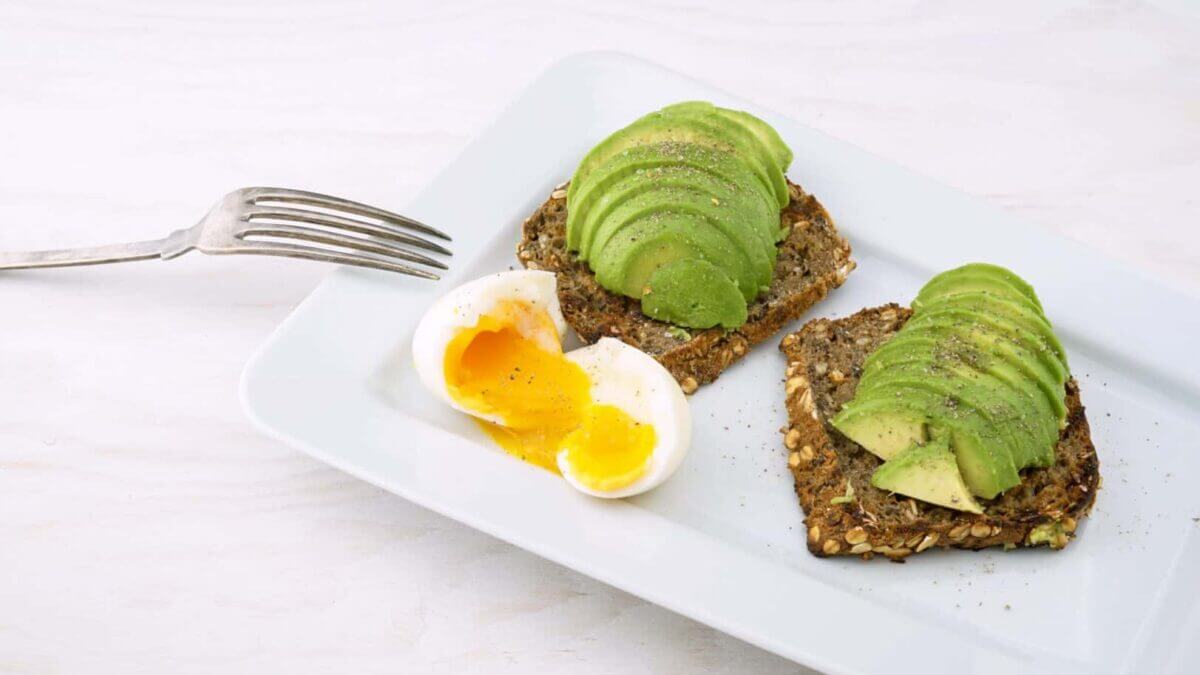Protein is an essential nutrient for our bodies. Known as a macronutrient, our bodies rely on protein for building tissue, cells, and muscle, as well as making hormones and antibodies.
It is broken down into the 20 amino acids that can be thought of as the body’s building blocks.
Our mood is also influenced by proteins as the amino acid tryptophan produces serotonin, which can reduce symptoms of depression and anxiety and improve overall cognitive function.
Humans need only 0.8g of protein per kg of body weight on a daily basis and plant proteins are just as effective as animal proteins.
Most of us do not need anything more than the 0.8g per kg but those who are active, like athletes, need more protein (between 1-1.6g) as it is needed for muscle recovery and repair.
Older people can also benefit as studies suggest that consuming a high-protein diet can protect against muscle loss as we age.
As protein consumption goes up, the global meat industry also expands with it.
We are now producing around 335 million tonnes of meat every year and the production is expected to keep growing.
Globally, the average annual meat consumption per year right now is 43.7kg per person.
Consuming too much meat is not good for us due to the fat content but there are non-meat alternatives we can turn to.
Plant-based protein sources are incomplete protein sources. This means that they do not contain all 20 amino acids but this can easily be fixed by pairing it with complementing protein sources. Thankfully, it’s not that hard to mix and match as nature has given us plenty of choices of plant-based protein-packed foods.

Here, we’ve listed a few non-meat but high-protein food sources for those who want to keep their cholesterol and body fat levels in check.
Cottage cheese
Now, this is a fantastic low-fat protein source. One cup of the dairy derivative provides over 23g of protein for only 206 calories.
Its low-fat content (around 9g per cup) makes it an excellent choice for athletes or those looking to build muscle.
You can spread cottage cheese on wholegrain pita or an English muffin, or even just wholewheat bread and you’re already bumping up your protein intake for the day.
Lentils
This is another highly nutritious and affordable protein source that is also high in fiber (15g), magnesium, zinc, iron, potassium and B vitamins.
Being plant-based, lentils do not contain any saturated fats.
Just one cup (198g) of these legumes contains a whopping 18g of protein. That’s quite a lot for a non-animal food source.
If you think about it, lentils could even be considered the new red meat seeing how high its protein content is.
Eggs
Eggs have to be one of the most easily accessible and cheapest protein sources on the planet.
In fact, one large egg contains 6g of easily digestible protein.
Contrary to popular belief, eating eggs does not raise your blood cholesterol levels if you didn’t have issues with LDL (bad cholesterol) levels to begin with.
Eating eggs for breakfast can help satiate hunger pangs which in turn help you to lose weight. This is assuming that you remain in a consistent calorie deficit.
A 2008 study published in the International Journal of Obesity showed that participants who consumed an egg breakfast for eight weeks lost 65% more weight than those who ate a bagel breakfast.
Chia seeds
Don’t be fooled by its size. The teeny tiny chia seed brings with it 4.4g of protein per 28g of seeds.
It also contains all nine essential amino acids and is loaded with hunger-busting fats and fiber.
ALA, a specific type of omega-3 fatty acid found in chia seeds, can decrease the risk of heart disease, says a Pennsylvania State University study.
The seeds turn gelatinous when combined with liquid but they still taste delicious. Add them to your yoghurt, smoothies or oats in the morning to keep your energy levels from plummeting throughout the day.
Participate in the coming MIFB 2020 to source for more information or exhibit your product. Pre-register or book your booth now!



